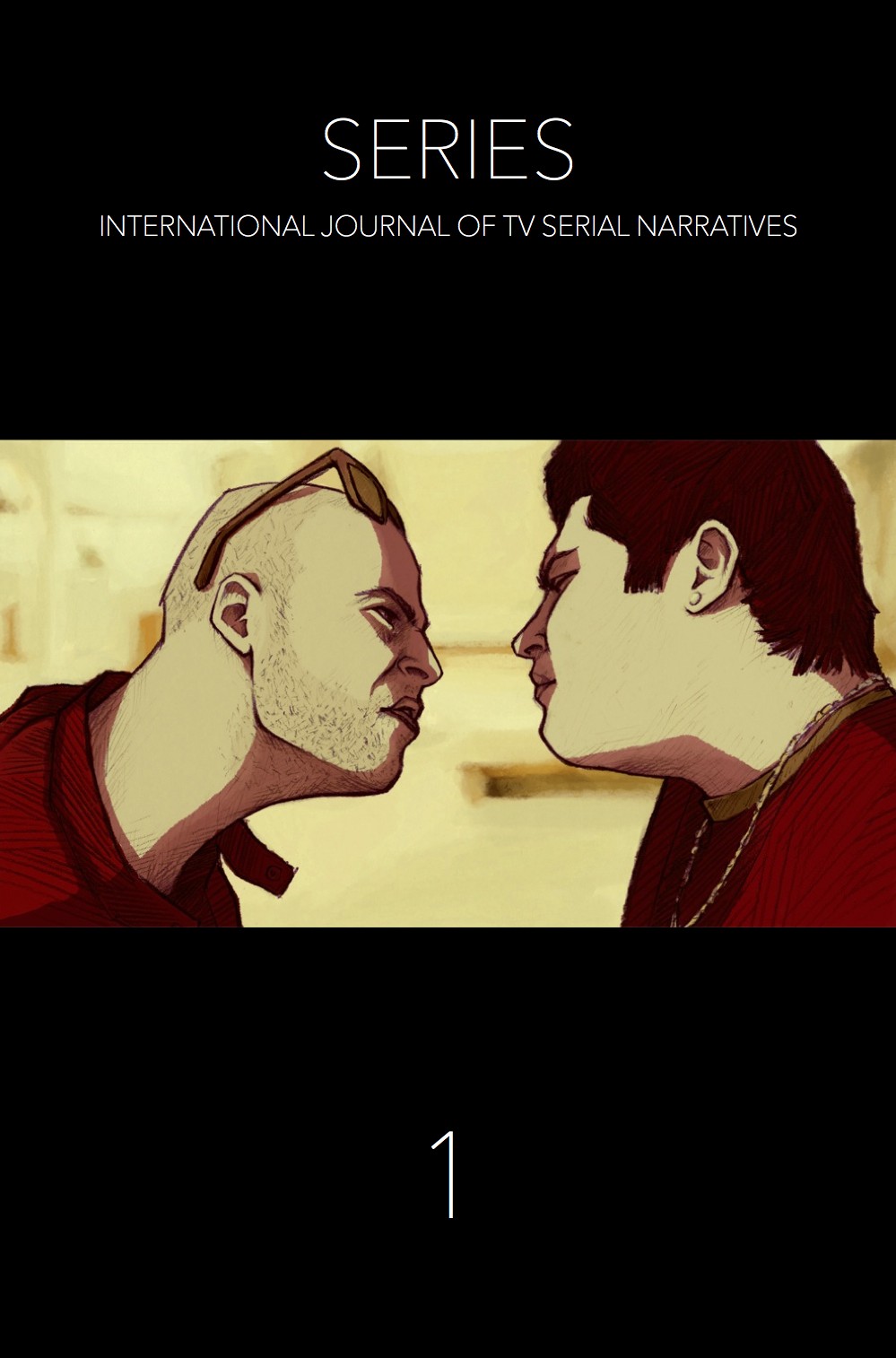How Do We Write about Performance in Serial Television?
DOI:
https://doi.org/10.6092/issn.2421-454X/5112Keywords:
Serial television, performance, style, criticism, medium specificityAbstract
Television studies has produced few sustained analyses of performance in serial television. Yet film studies scholarship has shown how attending to the integration of performances with other aspects of film style is crucial to the interpretation and appreciation of expression and meaning in filmed narrative fictions. However, as a particle form of filmed serial narrative, series television raises a number of questions about performance that will not necessarily be satisfyingly addressed by the direct adoption and application of approaches to writing about performance that have been honed in regard to film. How, then, do we write about performance in television serials in ways that recognise and accommodate the form’s relationship to film, while at the same time appropriately acknowledging and responding to long-form television’s serial status? To examine the difficulties and opportunities of approaching performance in serial television this way, the article conducts close readings of various pieces of television studies writing on performance, by scholars such as Jason Mittell, Sue Turnbull, George Toles, and Steven Peacock. Their work brings into view film and television’s points of common relation, and the distinctive challenges, achievements, and rewards of appreciating the best television serials, and the performances in them.Downloads
Published
2015-05-14
How to Cite
Logan, E. (2015). How Do We Write about Performance in Serial Television?. Series - International Journal of TV Serial Narratives, 1(1), 27. https://doi.org/10.6092/issn.2421-454X/5112
Issue
Section
Narratives / Aesthetics / Criticism
License
Copyright (c) 2015 Elliott Logan
Copyrights and publishing rights of all the texts on this journal belong to the respective authors without restrictions.
This journal is licensed under a Creative Commons Attribution 4.0 International License (full legal code).
See also our Open Access Policy.





